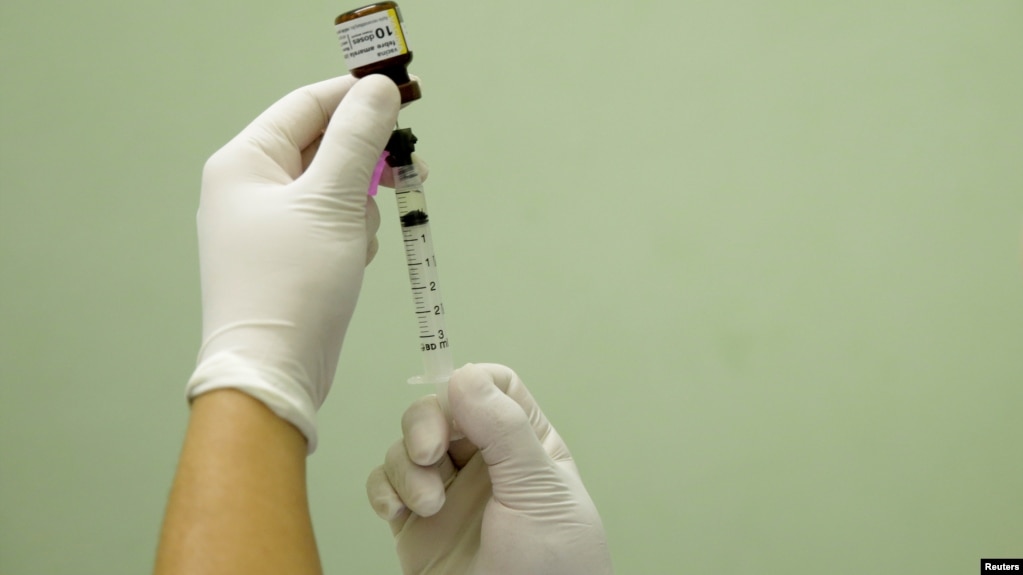JBeukema
Rookie
- Banned
- #1
(originally found on slashnet)
Western News - HIV/AIDS vaccine reaches milestone
Sumagen Canada announced this week it has submitted an Investigational New Drug application to the United States Food and Drug Administration to begin Phase 1 human trials for its SAV001 AIDS vaccine.
Since the AIDS virus was recognized in 1983, there have been numerous trials through pharmaceutical companies to develop vaccines; however, no commercialized vaccine has been developed to date.
If the vaccine is given the go-ahead to enter into human clinical trials, it will be at least four years before Kang expects to have statistically significant analysis, and possibly allow the vaccine to be marketed.
Through Western, Sumagen Canada has secured patents for the vaccine in over 70 countries in the world, including the United States, the European Union and Korea. According to the firm, animal testing has resulted in good antibody reactions in immunology tests, with no adverse effects or safety risks.
Western News - HIV/AIDS vaccine reaches milestone



